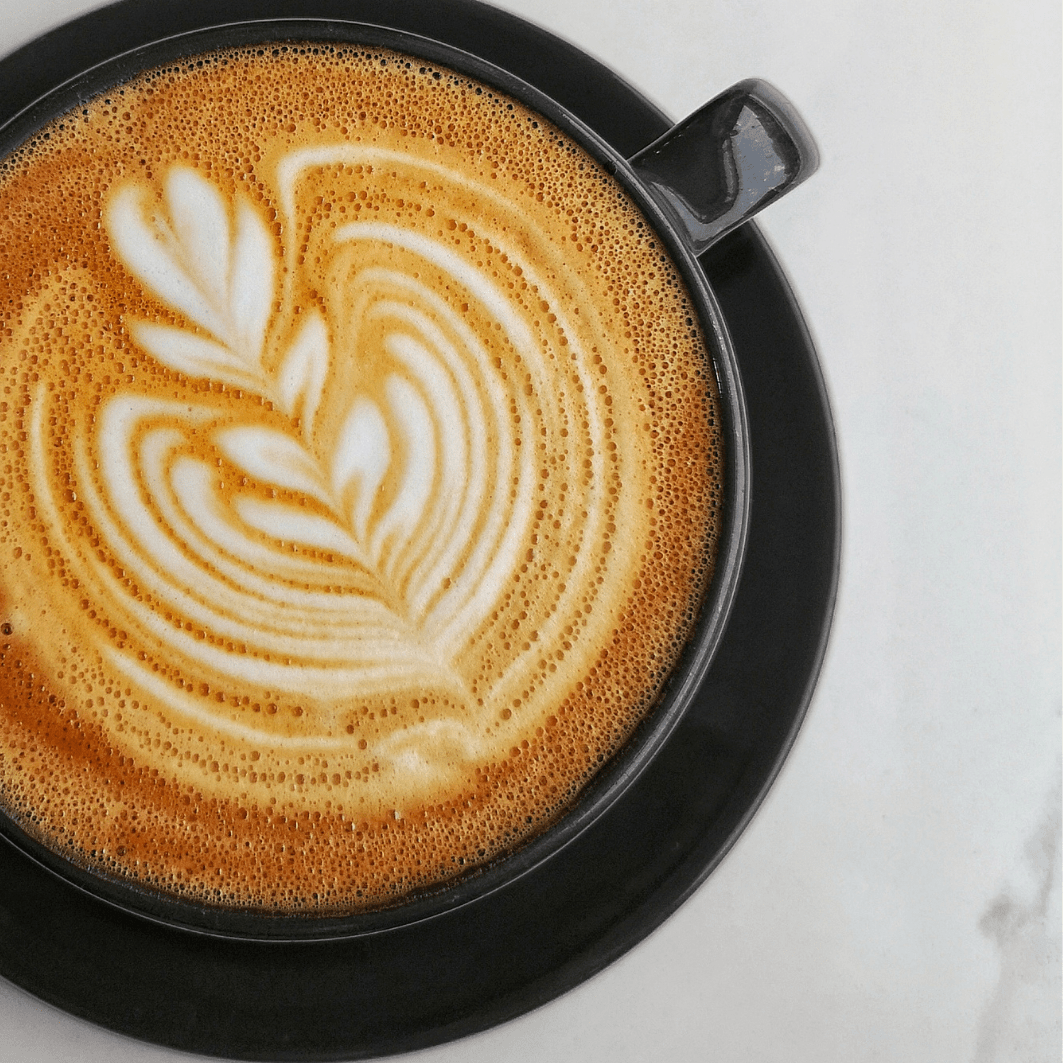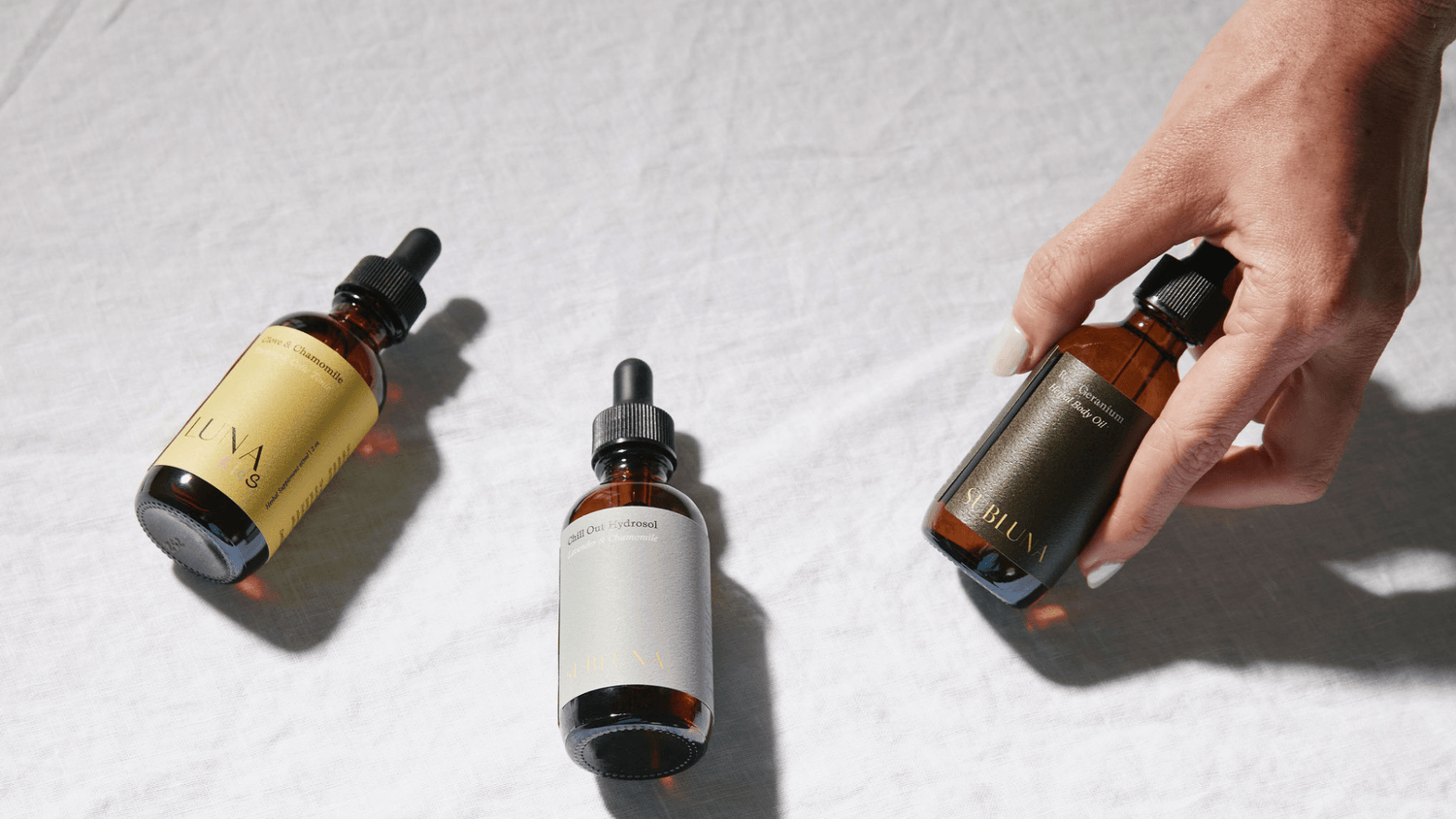Does Matcha Block Iron Absorption? Let’s Break It Down
You may have seen the scary headlines or social media reels:
“STOP drinking matcha if you’re iron deficient!”
“Matcha blocks iron absorption! Beware!”
But is there any truth to this? Yes… and also, not really. Like many nutrition “gotchas,” this claim comes from a kernel of truth wrapped in a whole lot of fear-mongering and oversimplification.
Let’s talk about why this concern exists, what kind of iron we’re actually talking about, who should care, and how to make matcha work with your wellness goals, not against them.
The Iron Absorption Myth: Where It Comes From
Matcha contains polyphenols, specifically tannins, which have been shown to bind to iron in the digestive tract. When this happens, your body may absorb less iron.
However, this isn’t the full picture. Matcha isn’t the villain here.
The tannins in matcha aren’t unique—they’re found in plenty of other foods and beverages:
• Coffee
• Black tea
• Red wine
• Dark chocolate
• Berries
• Walnuts
• Spices like cinnamon and cloves
So why is matcha being singled out? Likely because it’s trendy. It’s the latest scapegoat in the health fear cycle, and it makes for good clickbait. But context matters—especially when we’re talking about nutrients, and here’s the nuance:
This mostly applies to non-heme iron, the type of iron found in plant-based foods and synthetic supplements, not the more easily absorbed heme iron found in animal products.
So the claim isn’t totally wrong. It’s just missing a whole lot of context.
Heme Iron vs. Non-Heme Iron: The Real Difference
There are two forms of iron found in food:
Heme Iron
Found in animal-based sources like red meat, poultry, fish, and liver. This form of iron is highly bioavailable—your body absorbs it easily—and it’s not affected by tannins in matcha (or coffee, tea, etc.).
Non-Heme Iron
Found in plant-based foods like leafy greens, beans, lentils, tofu, and fortified cereals. It’s much less efficiently absorbed, and it is affected by tannins and other plant compounds.
If you eat animal products regularly, matcha (or coffee, berries, etc) isn’t going to interfere with your iron levels in any meaningful way.
So, Who Should Be Cautious?
There are a few groups of people who might want to be a little more mindful:
•Plant-based eaters who rely on non-heme iron from lentils, beans, greens, and fortified foods
•Anyone supplementing with synthetic iron, especially iron salts like ferrous sulfate
•Pregnant or menstruating women who are borderline anemic and don’t consume much animal iron
But even if you fall into one of these categories, you don’t need to avoid matcha (or coffee, chocolate, berries, etc) altogether. You just need to be strategic.
How to Optimize Non-Heme Iron Absorption
Here’s how to make the most of your iron intake without giving up your daily matcha ritual:
Time your tannins. Avoid drinking matcha, coffee, or black tea within an hour before or after eating non-heme iron-rich foods or taking synthetic iron supplements.
Pair iron with vitamin C. Vitamin C dramatically increases non-heme iron absorption. Think citrus, strawberries, amla, goji berries, or rosehips.
Consume sources of natural copper. Copper is essential for proper iron metabolism. Without it, iron can’t be effectively used by the body. Most copper is found in animal based sources, like beef liver, but we love nettle leaf for a natural copper source.
Ditch synthetic iron. It’s poorly absorbed and often causes digestive issues. A food-based or herbal option is gentler and more effective.
Pro tip: Our Iron & Copper Mineral Nectar was made with exactly this in mind. It includes plant-based iron, vitamin C, and copper in a whole-food matrix that your body actually knows how to use.
TL;DR: Should You Give Up Matcha?
Only if you’re eating a 100% plant-based diet and sipping Cool Girl Matcha with your lentils. Otherwise? You’re fine. Enjoy your matcha in peace. If you do need a little iron support, just space out your cup of matcha from iron-rich meals or supplements. That’s it.
Shop the Iron-Smart Way
Here’s how we help you sidestep the iron scare and make nourishing your body simple again:
Animal-based iron (heme form) that bypasses tannin interference. Designed for growing kids, picky eaters, and tired mamas alike.
A whole-food, non-heme option crafted for bioavailability. Includes plant-based iron, copper, and vitamin C. Zero synthetic iron. Zero stomach issues.
High-quality, antioxidant-rich matcha you can sip without fear. Delicious, smooth, and formulated with your hormones and stress response in mind.
Your iron is fine. Your matcha is innocent. And SubLuna’s got your back. Drink up. Stay Nourished.



